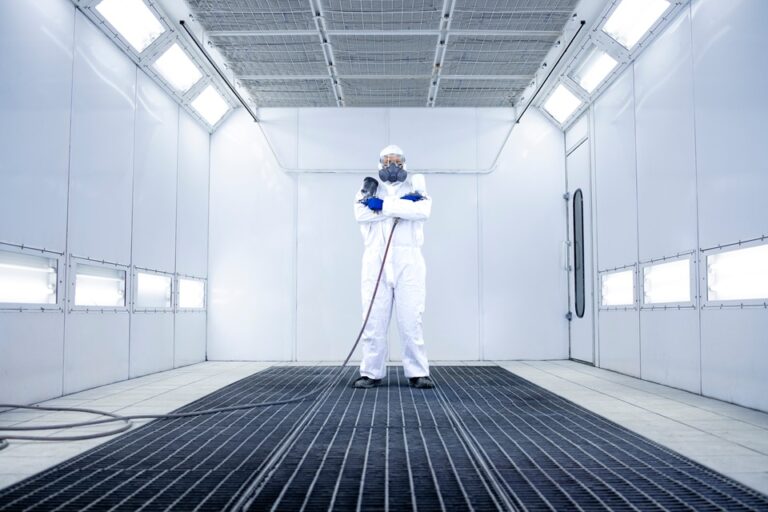The durability and performance of modern buildings rely heavily on detailed planning and material accuracy. Today’s structures must meet increasingly complex design and safety standards, from skyscrapers to bridges. Achieving this level of reliability requires more than just strong materials—it demands exacting craftsmanship and engineering foresight that align with architectural vision and long-term use.
A key component of this process is steel fabrication, which enables precise shaping, cutting, and assembly of critical structural elements. This technique allows for custom solutions that fit the unique demands of each project while maintaining structural integrity. As buildings evolve in complexity, the role of precision in foundational elements becomes even more critical. Through careful planning and technical execution, strong and resilient structures continue to rise to meet modern needs.
Advancements In Metal Fabrication Techniques
Metal fabrication has seen significant advancements over the past few decades, utilizing state-of-the-art technologies such as laser cutting, plasma cutting, and waterjet machining to enhance precision and efficiency. These technologies allow artisans and engineers to create intricate components accurately, improving functionality and aesthetics. High-strength laser systems are revolutionizing heavy carpentry and metal architecture, facilitating cleaner connections and seamless finishes, and enabling the construction of taller, bolder, and more complex buildings.
The Role Of High-Strength Structural Steel
High-strength structural steel is vital in modern architecture because of its excellent strength-to-weight ratio. This property enables architects to create slimmer profiles and construct taller buildings while ensuring safety is not compromised. These steel alloys are designed for durability, resilience, seismic resistance, flexibility, and protection against corrosion. As a result, they are indispensable for buildings located in earthquake-prone areas or harsh weather conditions. Steel fabrication companies contribute to this process by shaping and preparing structural components according to project specifications, supporting high-strength steel’s safe and efficient use in a wide range of construction applications.

Integration Of Digital Design & Fabrication
Digital innovation and craftsmanship are transforming the construction industry by enhancing detailed planning and collaboration through Building Information Modeling (BIM). This technology allows stakeholders to visualize the final products, minimize errors, and conserve resources. Computer Numerical Control (CNC) machines also carry out high precision fabrication, reducing waste and lowering costs. This method leads to smarter, more innovative, and cost-effective solutions in steel fabrication.
Customization & Creativity In Urban Spaces
The modern era of metalwork offers immense potential to personalize public spaces. Architects collaborate with fabricators to bring imaginative designs, like floating staircases and dynamic bridges, to life. Precision metalwork provides the strength and aesthetic appeal needed to transform ordinary sites into urban landmarks. Each unique feature reflects innovative tools and skilled artistry, ensuring they are beautiful and dependable. This advancement in metalworking plays a crucial role in shaping the character and culture of our communities.






